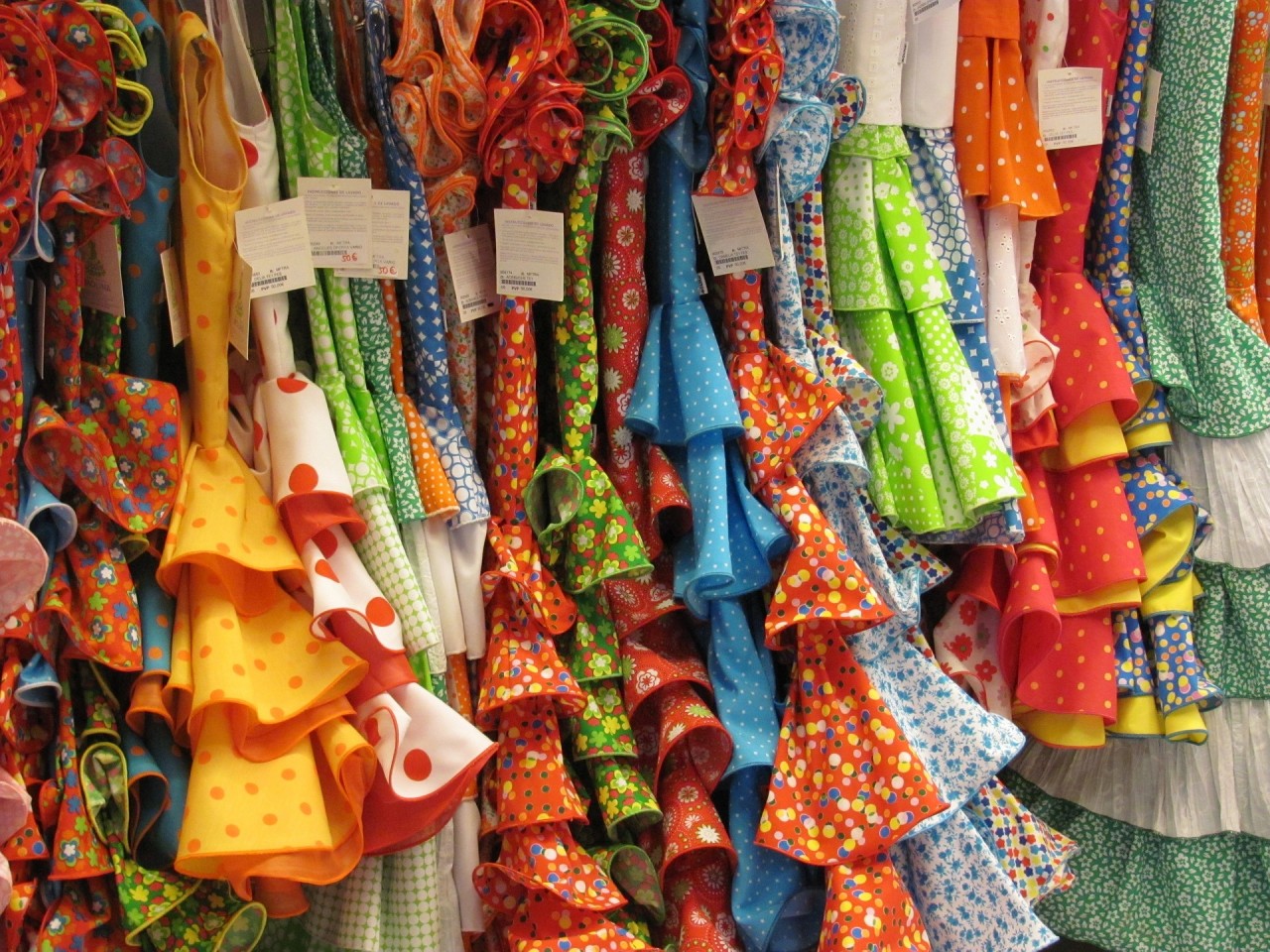As a student in America years ago, I met and made friends with a number of Muslims from countries across the world. Some were born Muslims, some new Muslims. I particularly remember a new Muslim sister who I shall call Aisha (not her real name). At our first meeting, she was dressed in a hijab (headscarf), modest blouse and pants. A regular visitor to the community masjid, I soon got to know Aisha quite well. I learnt that she was the first person in her family to become Muslim.
One day, the masjid we frequented asked for volunteers to spare some time to help spruce it up in preparation for Eid-ul-Fitr. Much as I disliked cleaning, I realized it would not be fair for me to opt out. Spring cleaning morning came. As I opened the door to the sisters’ area of the masjid, I heard the vigorous scrubbing of the toilet. The toilet door was slightly ajar. I took a peek and saw Aisha fast at work. Her sleeves rolled up, she was so focused, attacking a badly stained spot of the toilet with much gusto, she didn’t notice me at all.
“Thank you for washing the toilet,” I said to her a while later, as we were taking a break. At that point, I wondered how a person could so willingly spend energy and time on yucky stuff that wasn’t hers. Yours truly had deliberately turned up a bit late, so the yucky stuff would have been dealt with by someone else by the time I arrived.
She seemed to have read my mind, for the next thing she said was, “Everyone was doing their job. It so happened I got the toilet.” As we sat together, she revealed a bit more of herself. She told me how she became drawn to Islam, her family’s initial response (shocked) and her experience living alone. Nothing new there. Then she said something that surprised me. “When I first became a Muslim, I still wore a sundress.” “What’s that?” I asked. I had no idea what she meant. “A sundress is a light, short, sleeveless dress, with a wide neckline and thin shoulder straps,” she said, gesturing at her shoulders and neck.
In my idealistic world back then, I imagined new Muslim sisters to have explored, learned, and understood everything considered “basic” in Islam, and to practice it from day one. I found it hard to imagine the modestly dressed young woman in front of me wrapped in a revealing sundress. She laughed when she saw the look of incredulity on my face. “Over time, the hem grew longer and longer,” she said. She took time to strengthen her faith with each passing day, and with it, her attire evolved into one quite different from what she grew up with.
I imagined Aisha’s early days of being Muslim, soon after taking the shahadah, walking the streets in her sundress. I wondered what went through people’s minds when they saw the narrow straps on her bare shoulders and her short short dress. She might have encountered a Muslim or two, who dismissed her as “one of those women”. How easy for us to judge people, when we know so little or nothing about them. When we have little idea of what they are going through, their day-to-day struggles to adjust as new Muslims.
It’s not just about new Muslims. I know of born Muslim women whose standard attire reveal way more than necessary. I wonder if those people who throw glances or derogratory remarks at these women ever gave a thought of the kind of life journey these women have been through or are going through. Just because you are a born Muslim, doesn’t mean you have been brought up as one. I know of one particular sister, a born Muslim, whose favourite attire was a sleeveless shirt and super short shorts. It took her many long years to change. But change she did.
Time and again, my husband and I would invite new Muslims to our home. The kids know our humble abode doesn’t have to look like a showcase to receive and welcome visitors. We think it is important that the children see and hear the kind of conversations we have with new Muslims, to appreciate the issues the new Muslims face. At the very least, it helps our kids take their faith a little less for granted. Several weeks ago it was an Irish guy. This week a South Korean married to a local woman will be our special guests. Hearing their true stories is an eye-opener, an inspiration. Just like reading books of far-off lands help us see and hear experiences that might be beyond us first-hand, listening to these new Muslims lift our spirits and create a-ha moments that would not have existed otherwise.
[ends]
This article was published in page 26 of the July 2015 edition of Alwasat, a bilingual Australian newspaper based in Melbourne. Read it online at http://issuu.com/alwasat2011/docs/july_2015



